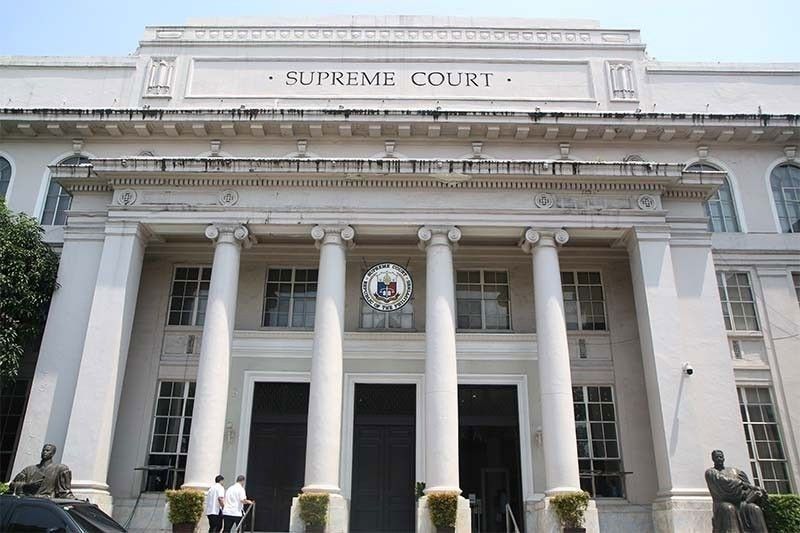SC issues rules on questioning court verdicts, orders

MANILA, Philippines — After denying a petition of a public school teacher convicted earlier for acts of lasciviousness, the Supreme Court (SC) laid down guidelines on the legal standing of private offended parties to question the verdicts or orders in criminal proceedings.
In a 36-page decision, the SC denied the petition for certiorari filed by Mamerto Austria that sought to overturn the Court of Appeals (CA) decision to invalidate his acquittal by a regional trial court (RTC) from five counts of acts of lasciviousness against two 11-year-old female students.
Court records show Austria was convicted in 2006 by an RTC but this was later revised when a new presiding judge granted his motion for reconsideration.
The students filed a motion for reconsideration but were denied by the new presiding judge, prompting them to elevate the case to the CA, accusing the RTC of grave abuse of discretion. The CA ruled in favor of the students.
“The CA also held that as the assailed RTC orders were void, double jeopardy did not attach. Nullifying the RTC’s orders, the CA ruled that the previous decision convicting Austria be reinstated,” the SC wrote.
Austria challenged this before the SC, which prompted the high court to review existing jurisprudence on the issue of the legal personality of a private offended party in criminal proceedings.
This review led the SC to deny Austria’s appeal and in the process, laid down new guidelines based on divergent doctrines in previous decisions in determining the legal standing of a private offended party in questioning criminal judgments or orders.
“As to the civil liability of the accused, the private complainant has the legal personality to appeal. The private offended party’s specific pecuniary interest should be alleged in the appeal or petition for certiorari,” the SC wrote.
“If such appeal or petition necessarily affects the criminal aspect of the case or the right to prosecute, the reviewing court shall require the Office of the Solicitor General to file a comment within a non-extendible period of 30 days from notice. The OSG’s comment must state whether it conforms or concurs with the remedy of the private complainant. If the OSG is not given an opportunity to comment, the private complainant’s relief may be set aside,” it added.
On the criminal aspect of the case or the right to prosecute, the SC said the private complainant has no legal standing to appeal without the conformity of the OSG to be requested by the private complainant within the period to appeal or file a petition for certiorari.
The SC said the new guidelines should apply prospectively.
While the SC affirmed the ruling of the CA in favor of the private complainants, the case was ordered remanded to the RTC for resolution of Austria’s motion for reconsideration in accordance with the constitutional requirement that a decision must express clearly and distinctly the facts and the law on which it is based.
- Latest
- Trending





























